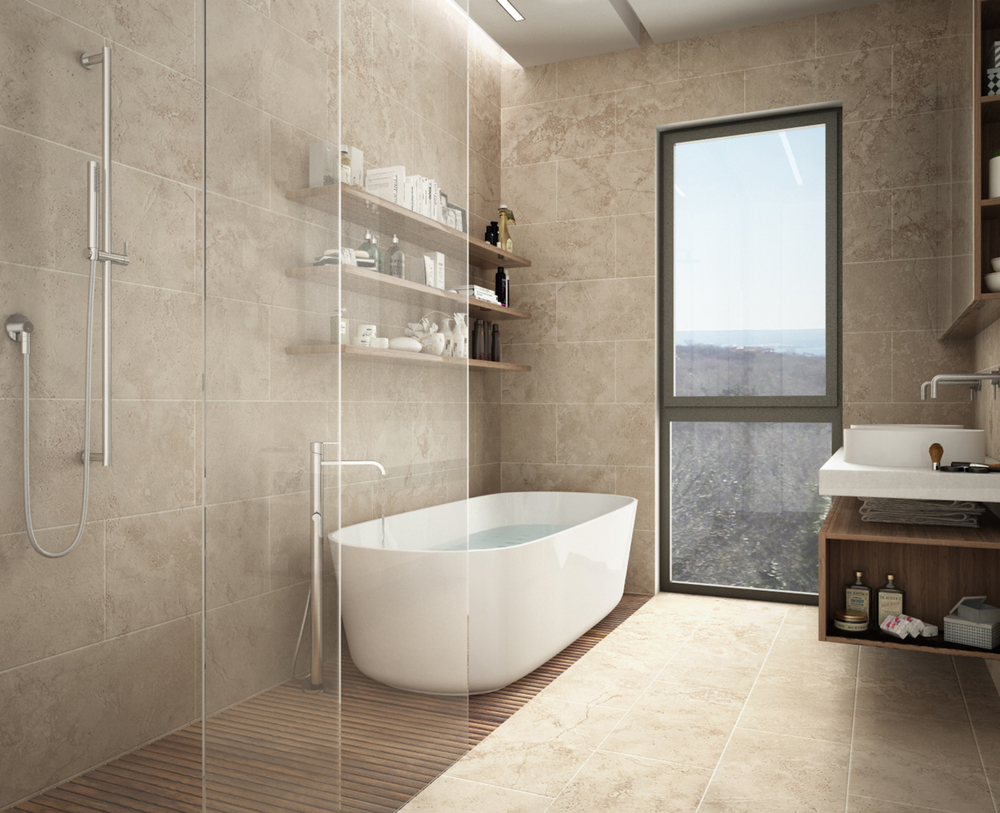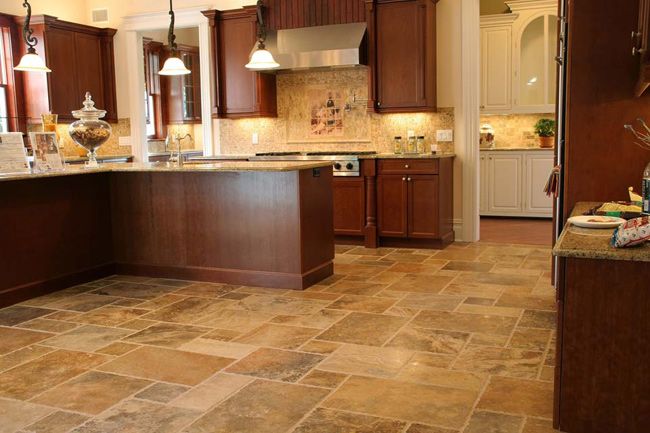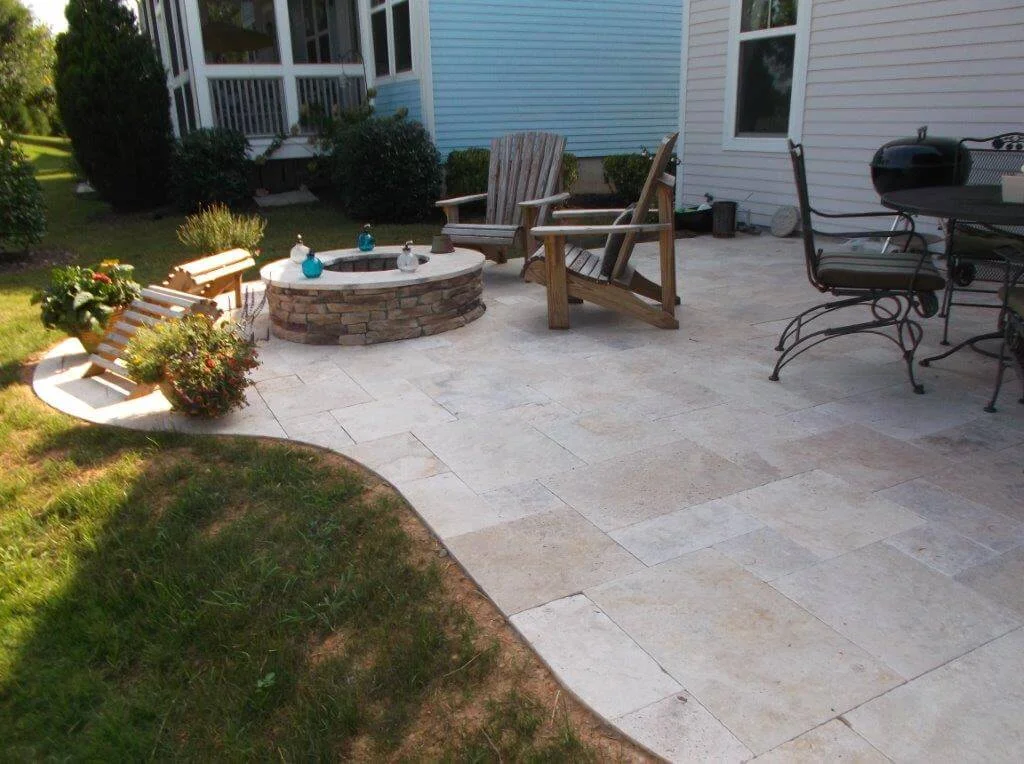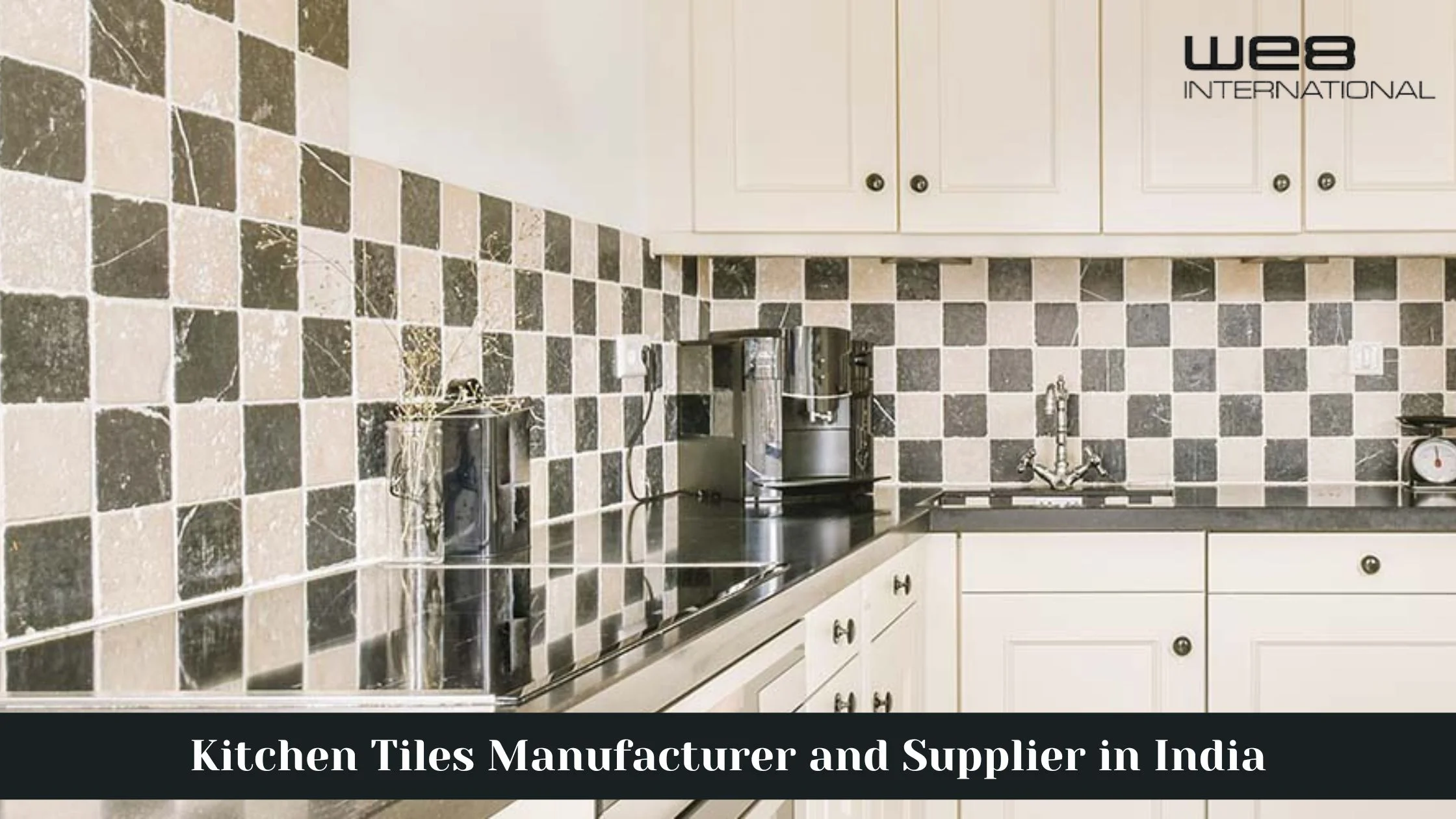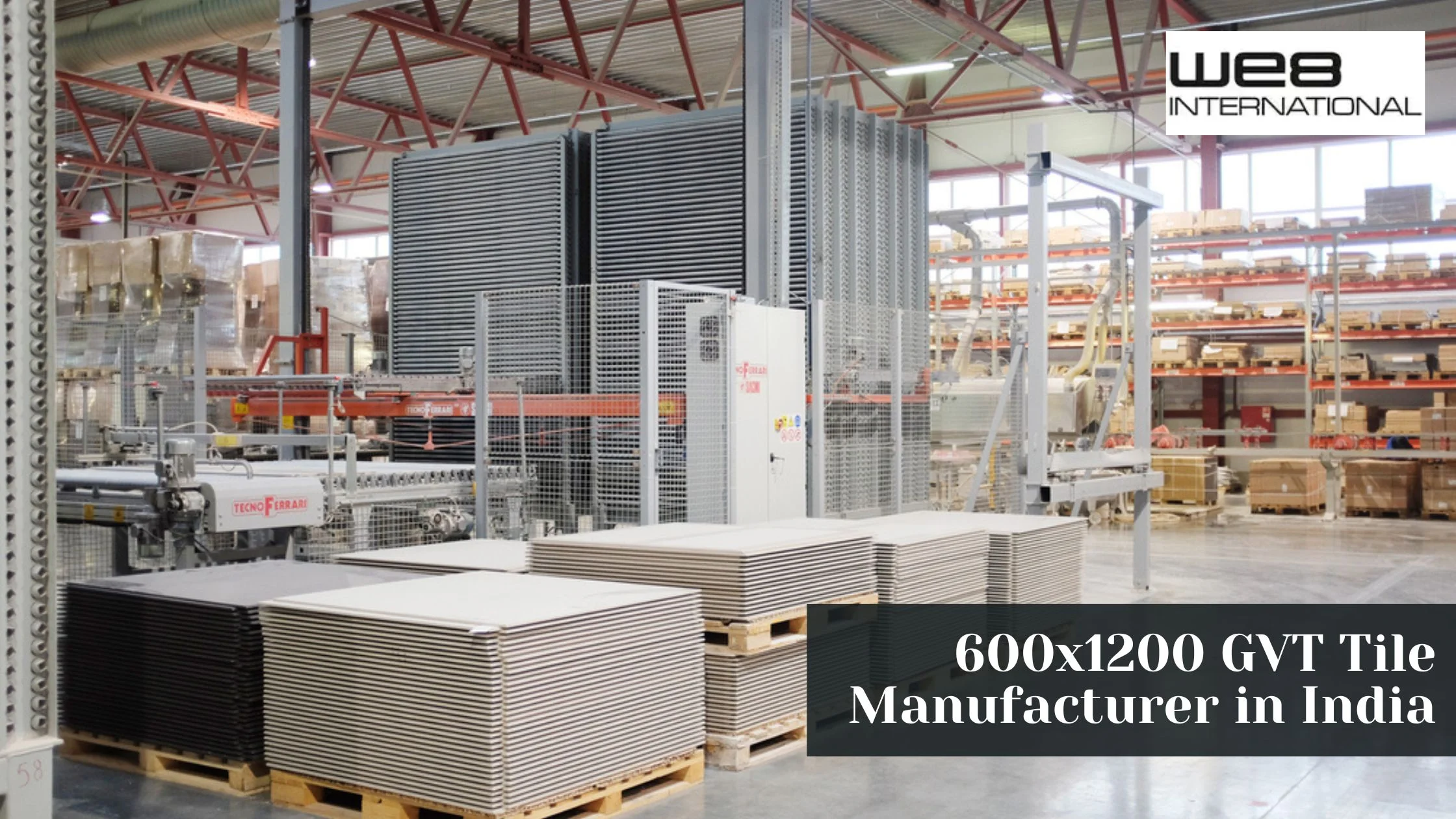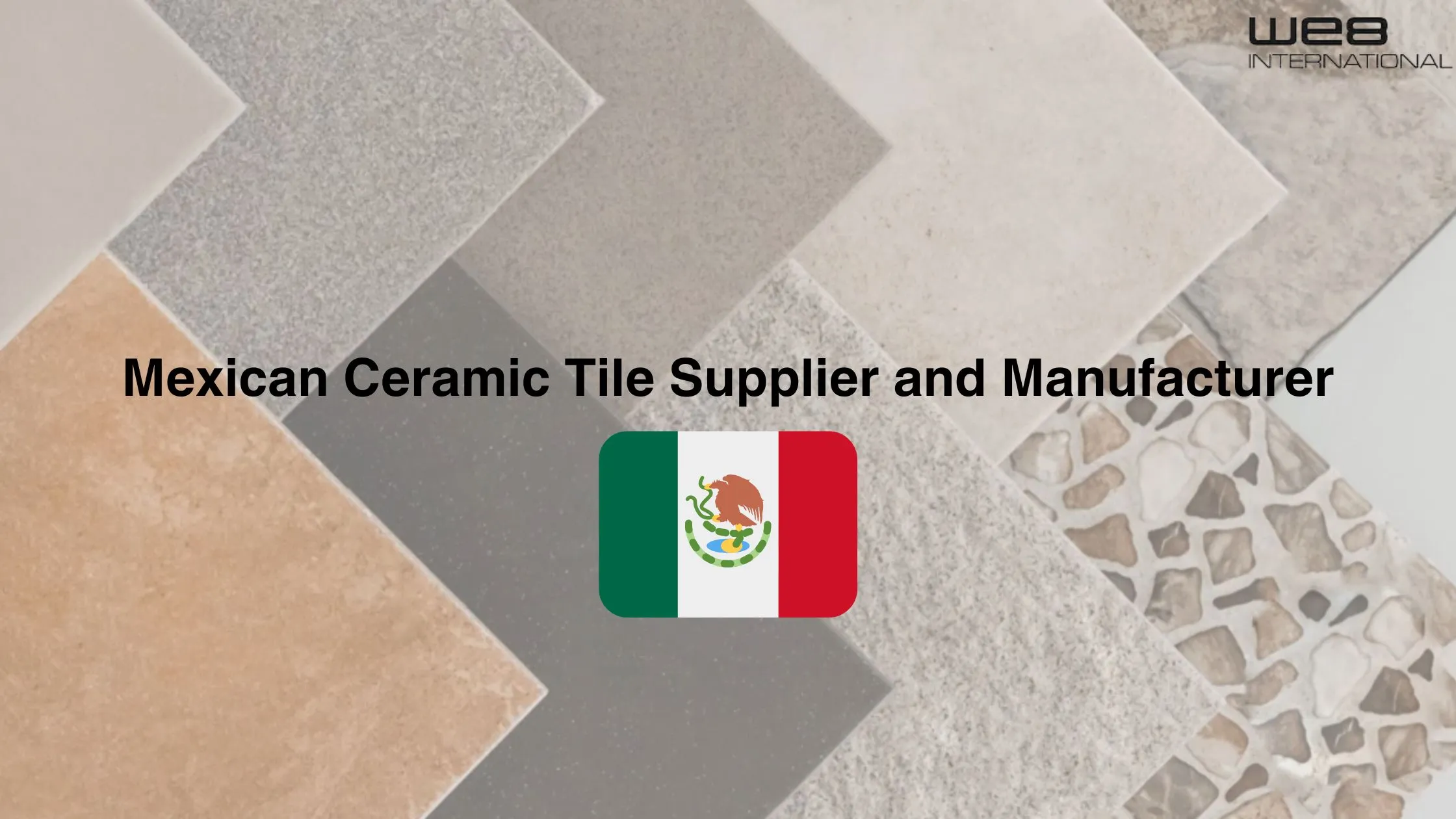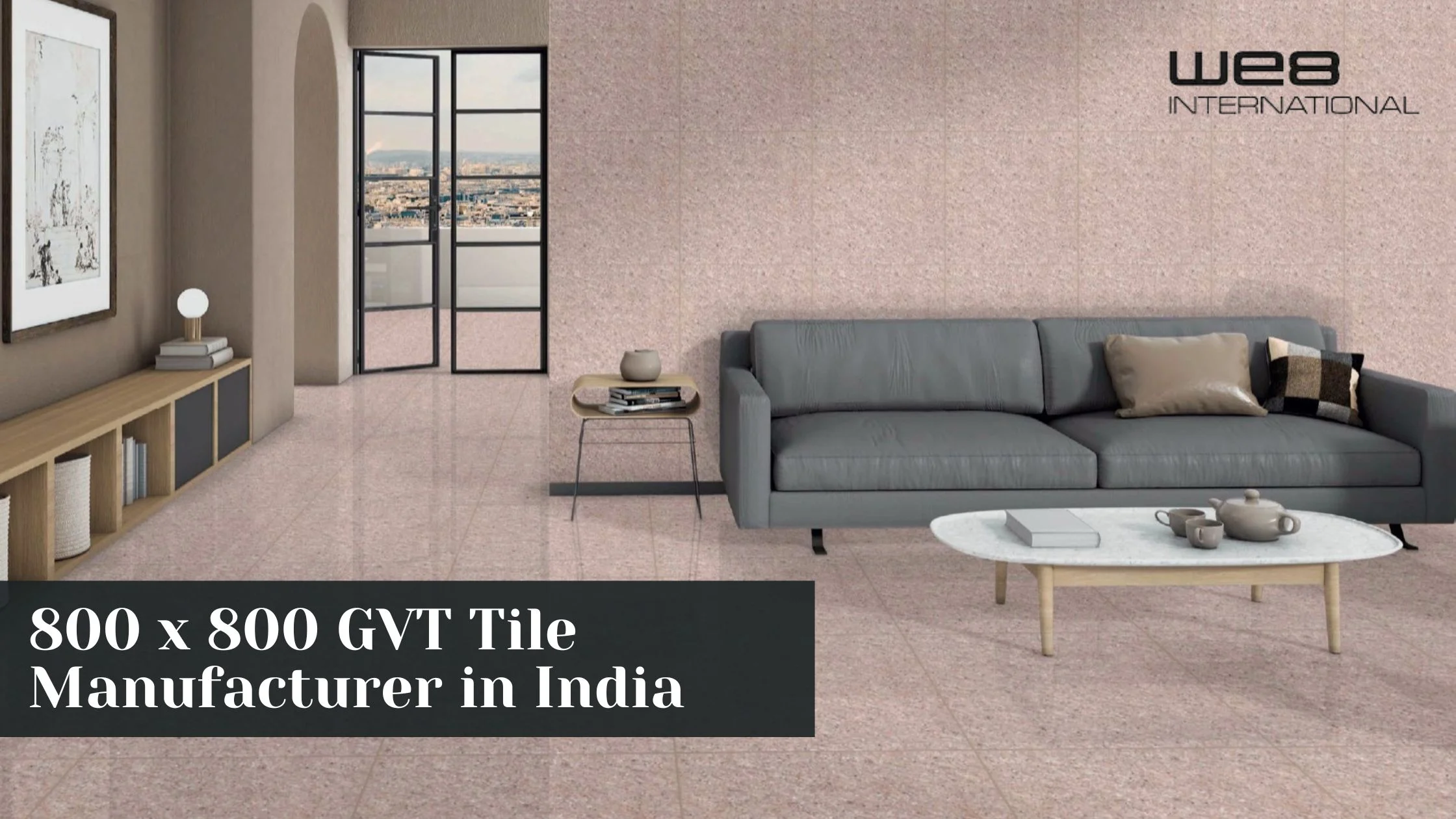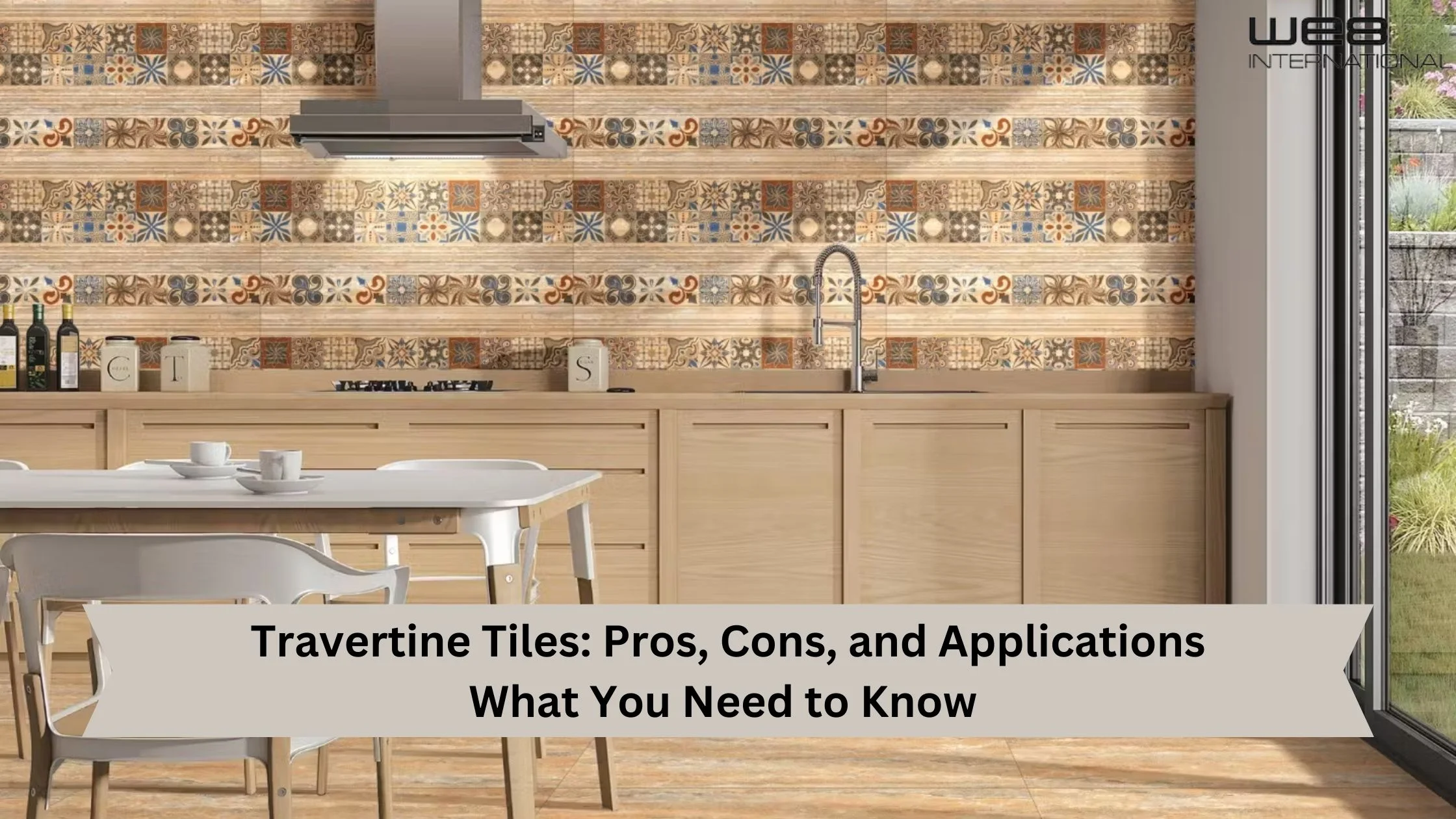
Travertine Tiles: Pros, Cons, And Applications | What You Need To Know
29/06/2024
You've been eyeing those travertine tiles for your bathroom reno or kitchen backsplash, and we get it—they're gorgeous! With their rustic, natural look and variations in color, no two travertine tiles are exactly alike. But before you commit, it's smart to weigh the pros and cons so you know exactly what you're getting into. Travertine requires some maintenance but brings loads of character.
Read on to get the full scoop so you can decide if travertine is the right material for your next tiling project. We'll go over the pros like durability and aesthetic appeal, as well as potential drawbacks like staining. You'll also learn key factors like cost and sealing requirements so you can make an informed decision. Let's dive in!
An Overview of Travertine Tile
Travertine is one of the more common tiles installed on floors and walls today. It is a sedimentary rock with a very unique texture. Colors vary from creams to rusty browns.
Travertine tiles feature a naturally textured surface with unique pores and small voids. Color is provided by the very minerals that create the stone that ranges from limestone to many other varieties. Travertine tiles are hard and resistant to scratches, water, and stains. On the other hand, since the surface is so porous, each unit has to be sealed regularly against staining.
With that, travertine tile can bring unbiased fascination and rustic appeal to any space. Texturally, however, this is a very uneven material to walk on, making it quite uncomfortable and unattractive in some interior design styles.
Compared with other natural stone tiles, travertine tiles are slightly more expensive than ceramic or porcelain but far less expensive than marble or granite.
The Pros and Cons of Using Travertine Tile
-
Beautiful and durable
This beautiful natural stone provides enormous warmth and character to any room. In addition, it is solid and resilient. Travertine has been used for building construction since ancient times, so there are many historical buildings containing travertine as part of their building materials that still look fabulous today.
-
Low maintenance, yet porous
Travertine maintenance is next to nothing, but it's porous. It is easy to stain because of this. So, you will have to seal the travertine tile, especially in high-traffic areas like kitchens and bathrooms. Generally, sealing Travertine tile will create a protective barrier against eventual staining. At that, spills should be wiped up freely to avoid any staining.
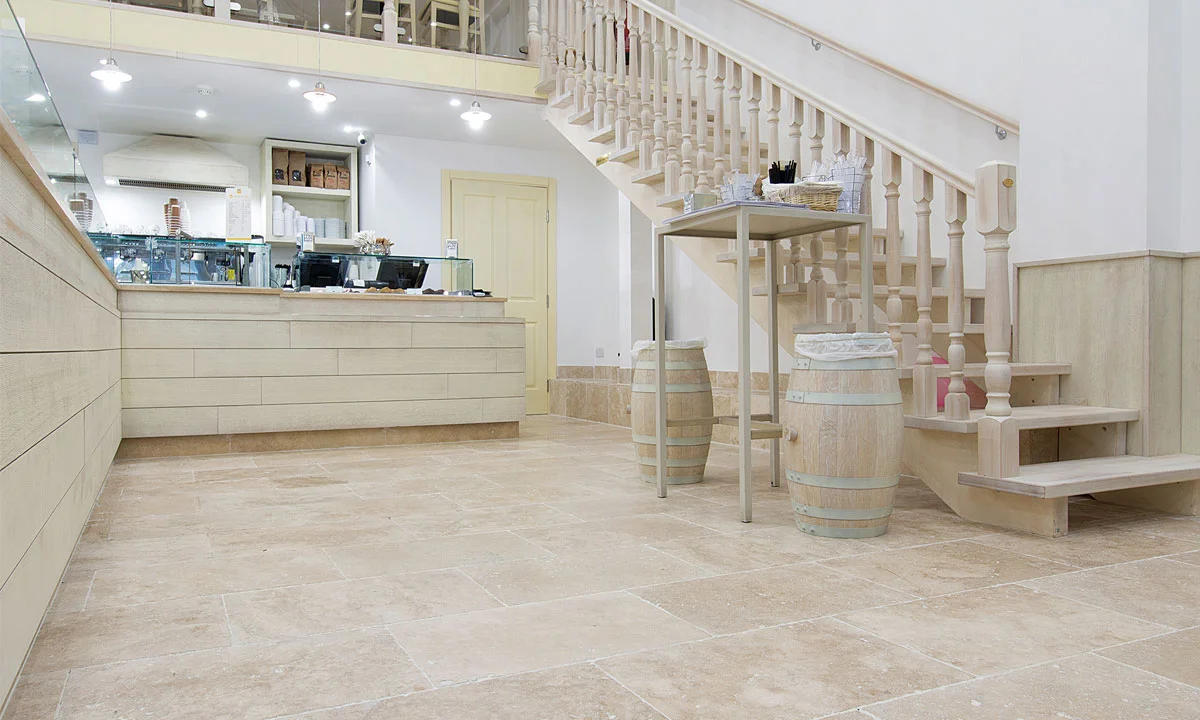
-
Expensive but adds value
Travertine tile tends to be on the higher end of natural stone options. However, its beauty and durability mean it holds up well and adds significant value to homes. Travertine tile can make a space look more high-end and luxurious. For many homeowners, the added value to the home is worth the investment in travertine.
Overall, travertine tile has some downsides like high cost, porosity, and unevenness. But with the proper sealant and surface treatment, travertine's beauty, durability, and value make it a wonderful choice for flooring, walls, patios, and more. When cared for properly, travertine tile will last lifetimes.
Ideal Applications for Travertine Tile in Your Home
Travertine tile boasts its innate charm and outstanding strength, rendering it a flexible option for homes and businesses alike, especially in regions susceptible to dampness or heavy use. Its graceful look and sturdy build render it a top-notch pick for improving the visual appeal and usefulness of a range of areas.
It can be utilized in a variety of applications, including:
-
Flooring in family rooms, Corridors, and Outdoor entertaining areas
-
Wall embellishments in Bathrooms, Cooking spaces entrances
-
Countertops in baths and cooking areas
-
Stairways and risers
-
Pools and poolside decks
1. Bathrooms
Travertine tiling is a favored option for bathrooms. The anti-slip feature gives stability, even when damp, and its permeable quality retains heat for toasty toes. The earthy tones of travertine blend harmoniously with various bathroom palettes. Apply it on flooring, walls, counters, and showers for a unified appearance.
2. Kitchens
The cooking area is a different place where travertine excels. Its understated hues and genuine feel bring coziness and visual appeal. Countertops made of travertine require little upkeep and can withstand heat, making them ideal for a kitchen. Additionally, travertine backsplashes make a striking impact, safeguarding walls from splatters and spills in a stylish manner. When it comes to busy kitchen floors, travertine endures constant traffic while serving as an attractive foundation for your area.
3. Patios and Pool Decks
Extending the appearance of travertine to outdoor living spaces establishes a smooth transition to the interior. Travertine bricks or flooring represent a sophisticated option for patios, courtyards, and pool areas. Their non-slip and sturdy surface endures various weather conditions and daily use. The earthy shades of travertine also complement the majority of outdoor color schemes and architectural designs.
Despite necessitating some upkeep to preserve its innate beauty, travertine provides a wide range of uses and customization possibilities, making it a versatile and esteemed construction material that will elevate your residence over time. Opting for travertine flooring in high-traffic, high-humidity sections of your house will grant you functionality benefits and allow you to appreciate its aesthetic allure. Its organic, warm tones generate a cozy atmosphere in both residential and commercial settings.
Conclusion
Therefore, here are the advantages and disadvantages of travertine tile and how you can incorporate it into your dwelling. By virtue of its innate allure and charm, travertine can create a sophisticated yet laid-back ambiance. However, bear in mind that it necessitates a tad more upkeep than certain other stones.
Nevertheless, if you are prepared to exert the necessary diligence, travertine can serve as a splendid and distinctive enhancement to your area. With any luck, this provides you with a comprehensive insight into travertine tile so you can determine whether it is the appropriate material for your upcoming endeavor. Rely on your intuition and opt for the stone that resonates with you. Through astute planning, you will ultimately achieve striking floors or walls that you will relish for years to come!

